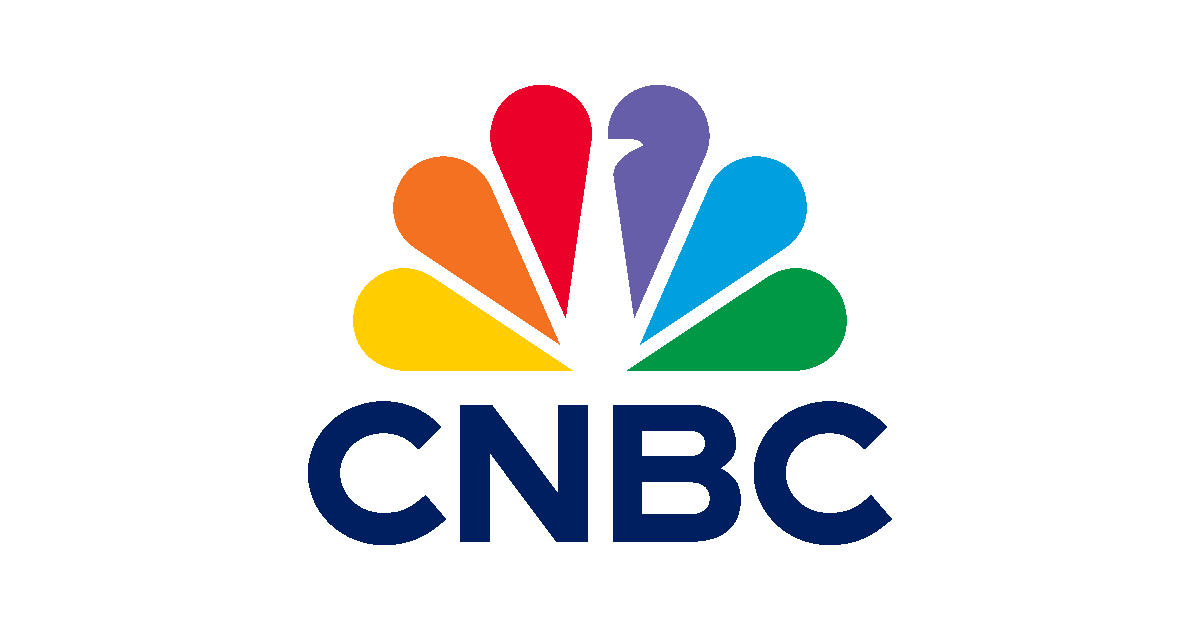The FTSE 100 opened firmly higher this morning, shrugging off a weaker UK GDP print for July.
Growth flatlined at 0.0%, down from June’s 0.4% expansion, leaving the three-month rolling average at just 0.2%.
The details showed modest gains in services (+0.1%) and construction (+0.2%), but output was dragged lower by a 1.3% fall in manufacturing.
While the data underscores the fragile state of the UK economy, sterling weakness and continued strength in energy and financial names are helping the index outperform broader European peers in early trade.
Asian equities pushed higher overnight, led by outsized gains in technology. South Korea’s SK Hynix surged more than 7% to a 25-year high after unveiling its latest HBM4 chip, which investors believe could be transformative for artificial intelligence applications.
Notably, this eases a bottleneck that should help the likes of Nvidia which has been constrained by bandwidth and will enjoy efficiency benefits as a result.
In Hong Kong, Alibaba rallied over 5% and Baidu soared more than 8% after both revealed they are deploying proprietary AI chips to train large models — a strategic step toward reducing reliance on Nvidia and strengthening China’s domestic tech ecosystem. With the Chinese companies requiring specific government approval for any purchases of the Nvidia H20 chip, investors are hopeful that we will see a similar AI boom for the relatively cheap Chinese tech names.
US equities closed at all-time highs on Thursday, with the Dow, S&P 500 and Nasdaq all setting new records. The rally was powered by continued strength in technology, with Tesla and Micron building on Oracle’s earlier surge to extend the week’s bullish momentum. On the macro front, yesterday’s CPI release saw a concerning 0.4% rise in August, although this was overshadowed by a jump in jobless claims which rose to their highest level in nearly four years.
With markets still pricing a 100% likelihood of a September rate cut, recent signs of a softening labour market have clearly overshadowed any inflation pressures to drive expectations of lower rates in the months to come. However, we have seen the CME pricing for a 50bp cut drop from 12% to 7.5%, highlighting the fact that inflation remains a key concern that will likely stifle the chances of an oversized move from the Fed next week.
Get real time update about this post category directly on your device, subscribe now.








